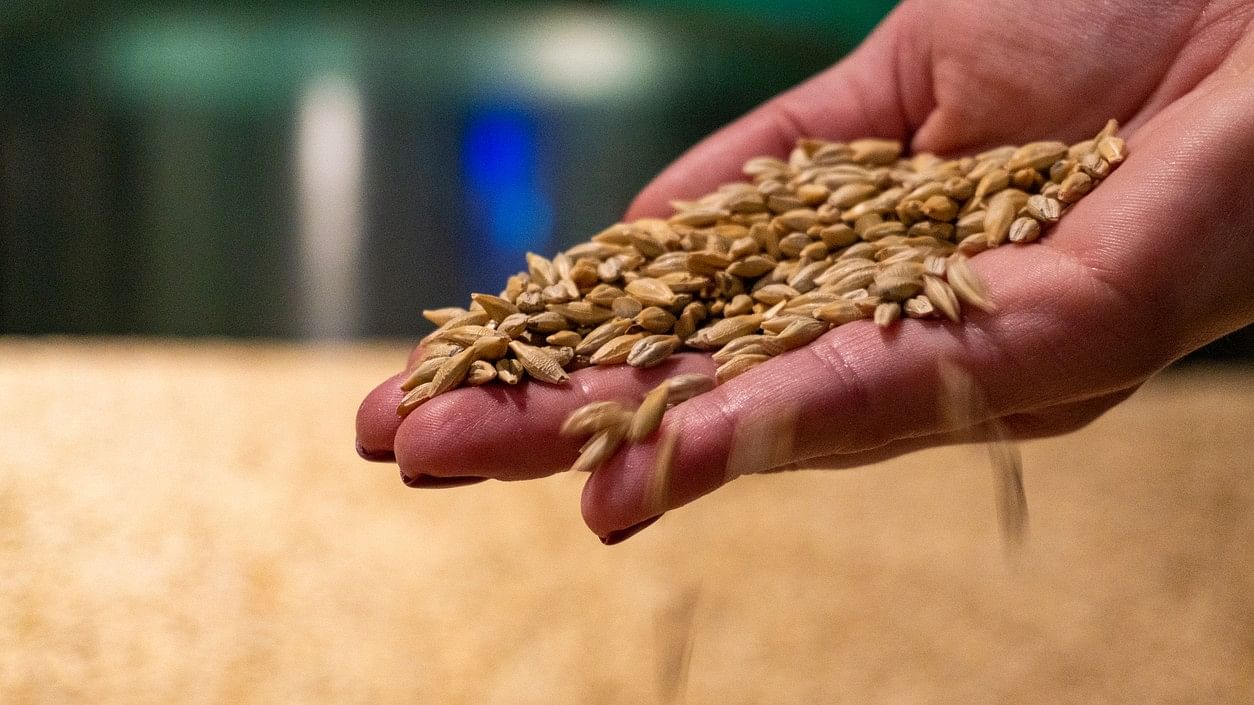
This is being done to prevent hoarding amid decline in output
Credit: iStock Photo
New Delhi: The central government on Friday asked traders, major retailers, wholesalers, and food processors to report their wheat stocks on a weekly basis in order to prevent hoarding amid decline in output.
Beginning from April 1, all traders including wholesalers, retailers, big chain retailers and processors in all states and union territories will be required to declare their stock position of wheat on the portal maintained by the Department of Food and Public Distribution.
The stock disclosure will have to be made on April 1, the first day of 2024-25 financial year and subsequently on every Friday till further orders.
The Ministry of Consumer Affairs, Food & Public Distribution asked all the respective legal entities to ensure that stock is regularly and correctly disclosed on the portal.
“The Department of Food and Public Distribution is maintaining a close watch over the stock position of wheat and rice to control prices and ensure easy availability in the country,” the ministry said.
The government has already issued such an order for rice. “Any entity which is not registered on the portal, may register themselves and start disclosing the wheat and rice stock on every Friday. Now, all legal entities have to declare their wheat and rice stock on the portal regularly,” it said.
According to the ministry these measures have been taken to “manage the overall food security and to prevent hoarding and unscrupulous speculation.”
Persistently high food inflation is among the biggest worries of economic policy makers, especially the Reserve Bank of India (RBI), which has been struggling to achieve its medium-term target of bringing down inflation to 4%.
The Consumer Price Index (CPI) inflation stood at 5.1% in January, remaining above the RBI’s medium-term target of 4% for 52 months in a row. This is mainly due to high food inflation, which stood at 8.3% in January.
Prices of key cereals – wheat and rice – have remained elevated in the past year. Food prices have surged globally due to geopolitical tensions. Low output has also led to rise in prices of wheat and rice in the domestic markets in India.
As per the second advance estimate of foodgrains production released by the agriculture ministry recently, overall foodgrain output in the current crop year (July 2023 to June 2024) is projected to decline to 309.34 million tonne, which is 6% lower from 329 million tonne recorded in the previous crop year.
Rice output is projected to decline to 123.8 MT in the current crop year from 125 MT in the previous year. Wheat output is pegged at 112 MT for the current crop year, slightly higher than 110.55 MT recorded in the previous year.
However, as per an S&P Global Commodity Insights survey of 13 analysts and traders, wheat production this year will be slightly lower than last year. India is the world's second-largest wheat producer and consumer after China.